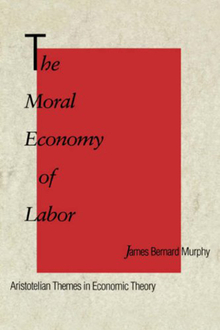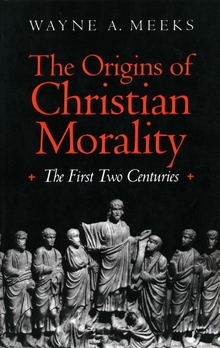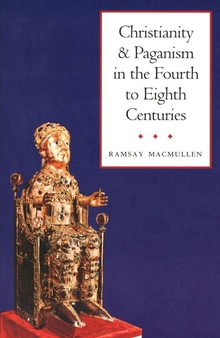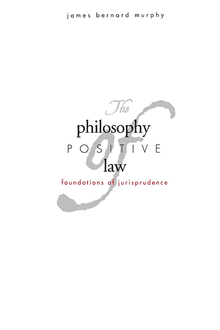The Moral Economy of Labor
WARNING
You are viewing an older version of the Yalebooks website. Please visit out new website with more updated information and a better user experience: https://www.yalebooks.com
Aristotelian Themes in Economic Theory
James Bernard Murphy
Ever since Aristotle, there have been many theories of distributive justice but very little in the way of a theory of justice in production. Through a bold reconstruction and critique of Aristotle's views of nature and moral reason, Murphy develops a new Aristotelian theory of productive labor. According to Aristotle, work has dignity when the worker executes what he has first conceived in thought, and work is degraded when one worker merely executes what is conceived by another. With Aristotle's definition of work as a unity of conception and execution, we can see what is wrong with work in the contemporary world: the detailed division of labor has divorced conception from execution. Although the prevalence of monotonous and stultifying work is widely regarded as the inevitable cost of economic progress, Murphy argues that restoring the unity of conception and execution in the design of jobs is compatible with our economic interests in efficient production and is required by our moral interests in human flourishing.
"This book, which provides a new Aristotelian framework for social and political theory, is one of the most important works of political theory in recent decades."—Larry Arnhart, Northern Illinois University
"A conceptually powerful book that deserves a wide audience. . . . Compelling reading for all kinds of political theorists. . . . An original and profoundly insightful contribution to existing scholarship."—Judith A. Swanson, American Political Science Review
Publication Date: September 22, 1993









